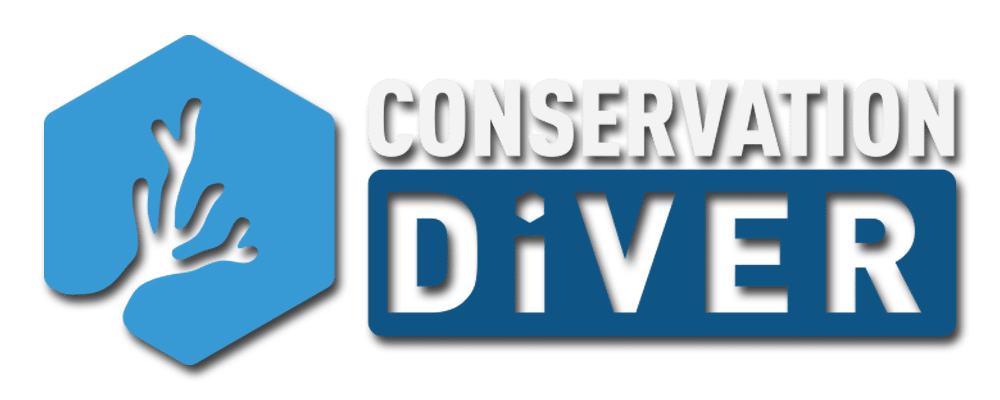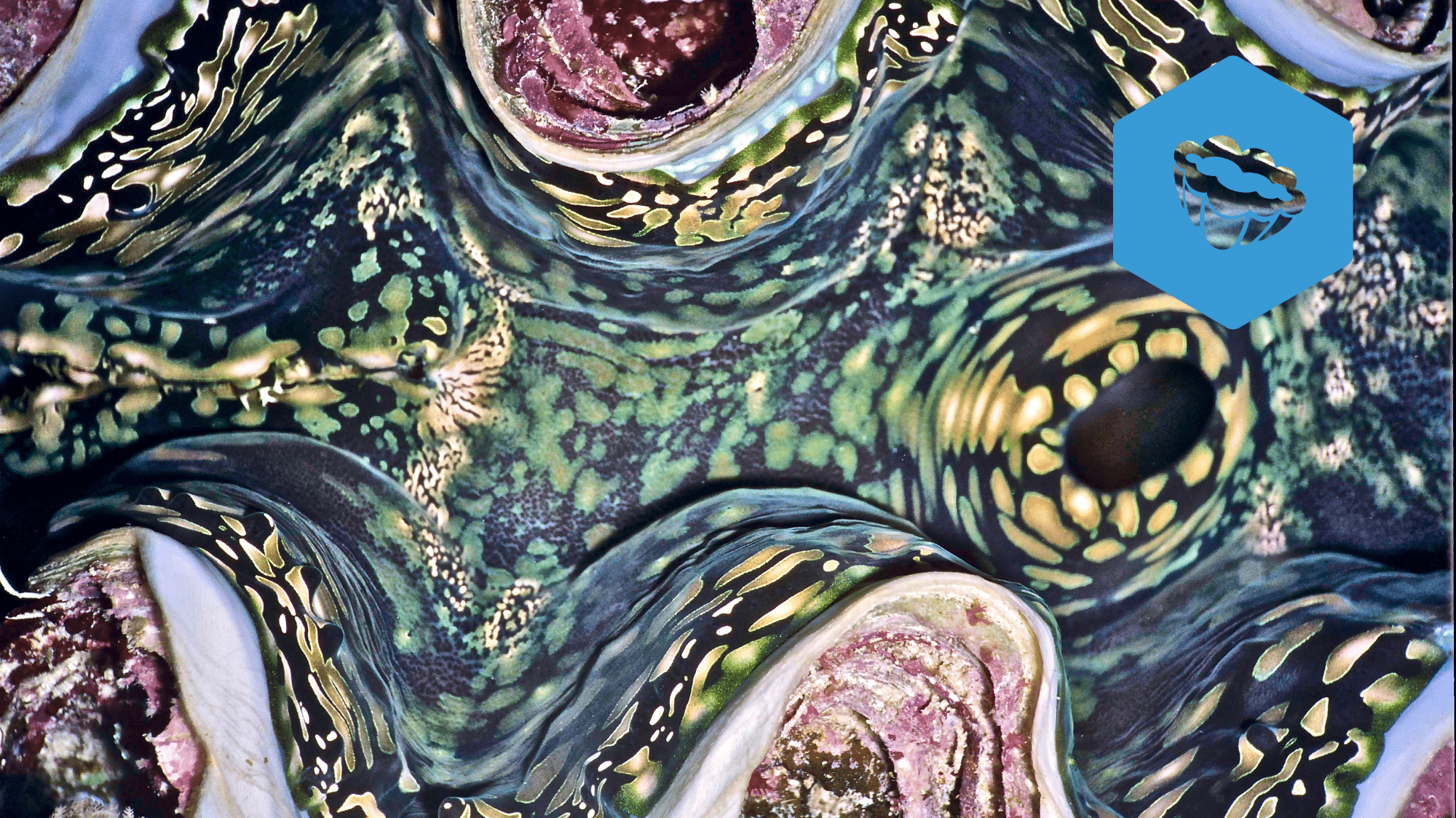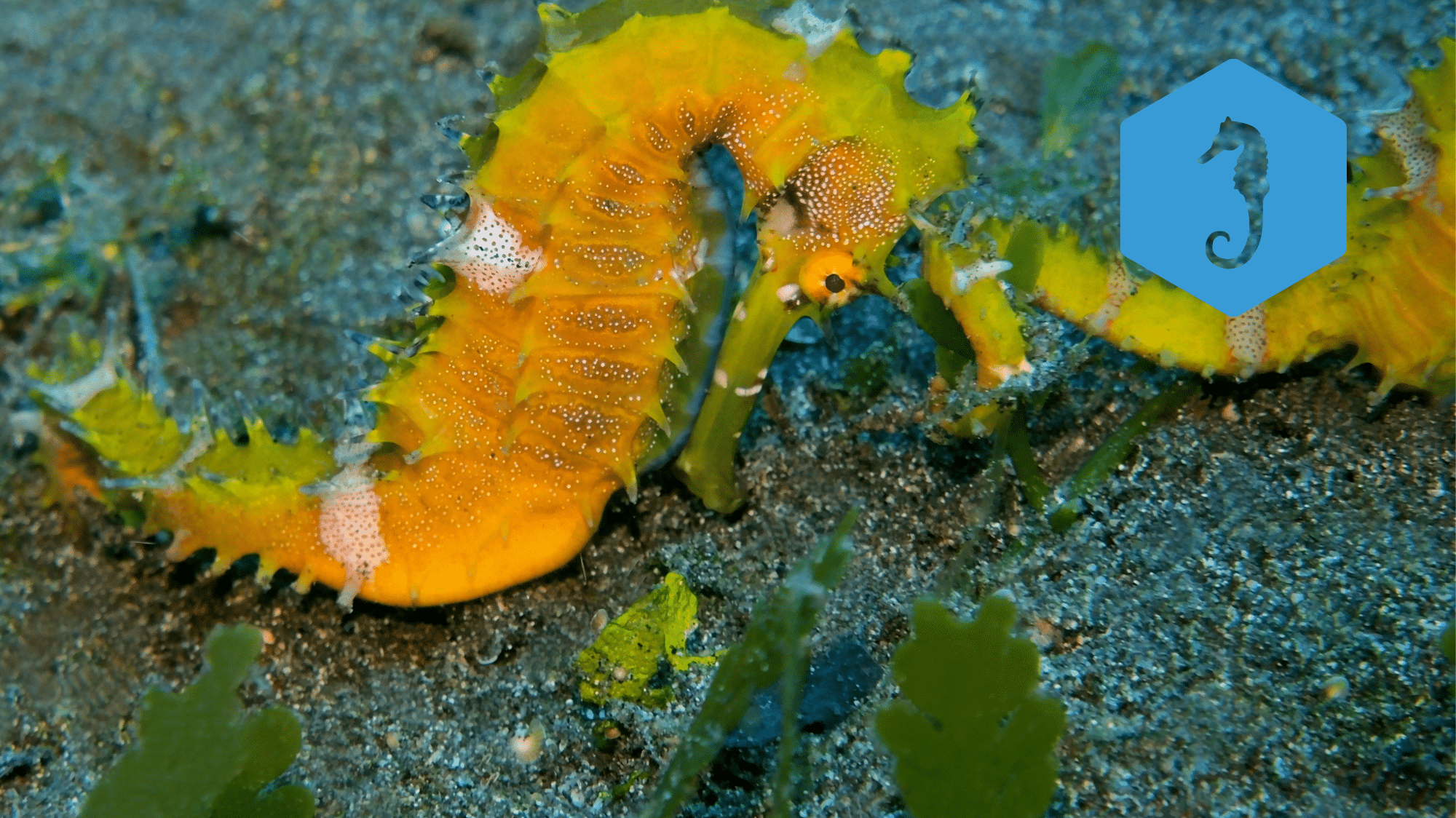Giant Clam Nurseries and Population Studies
Giant Clam Nurseries and Population Studies
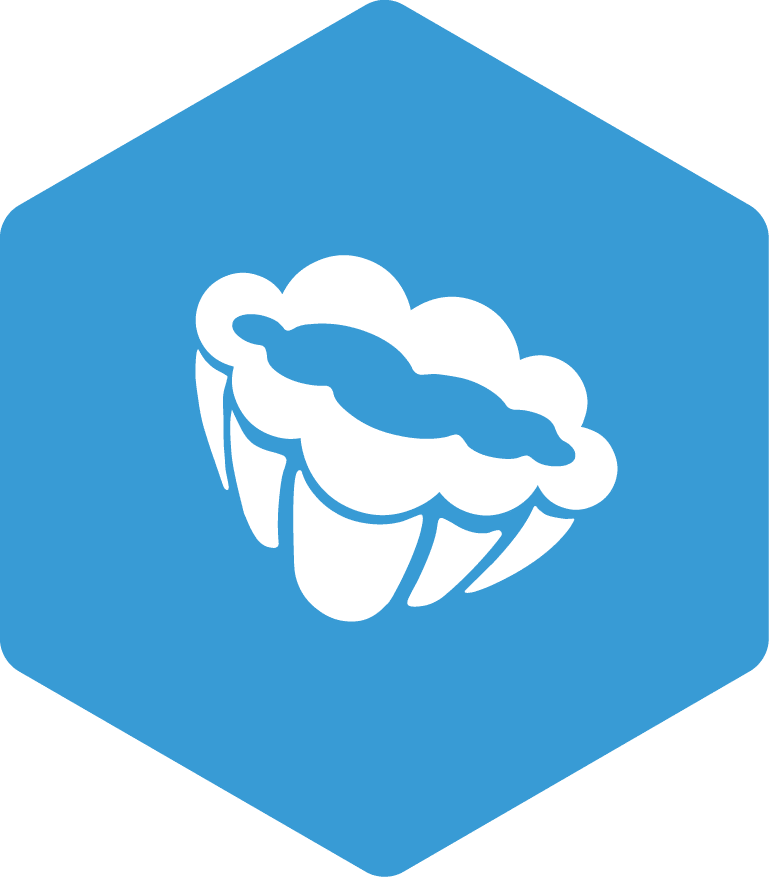
Giant Clams are important regulators of the oligotrophic conditions that coral reefs need the thrive. They are
able to filter on average 1000 litres of water per day which controls the water quality and nutrient levels in the ecosystem. This reduction in nutrients by filter feeders allow corals to thrive.
During this course students will be introduce to different
survey techniques to monitor giant clams and be taught the
key processes to evaluate and recognise different species.
We will also demonstrate the steps required to manage giant
clam nurseries and the on-going maintenance and data
collection to be done following transplanting.



Prerequisites
- Be 12 years of age or older
- Be certified as an Advanced diver under a leading diving organization (PADI, SSI, RAID, etc) or an Open Water diver who has satisfactorily completed a buoyancy appraisal with a professional diver
- Demonstrate proper diving ability at an advanced Level and be proficient in buoyancy and self-awareness.
- Be certified in our Ecological Monitoring Program
Standards
- Understand the importance, ecology, and threats to giant clam populations locally and around the globe
- Be able to identify anatomical features of giant clams in order to perform species recognition
- Learn techniques to survey and monitor local giant clam populations
- Learn techniques involving the use and maintenance of in-sea giant clam nurseries
Requirements
- Attend 1 Giant Clam Lecture
- Perform 1 survey dive specifically taking data on Giant Clam Abundance/Density, Diversity, and size distribution
- Take data on giant clam growth and mortality at the in-sea nurseries
- Perform general maintenance duties during 1 dive at the giant clam nurseries
- Complete the final quiz
- Enter data into Conservation Diver database
Expected course time about 8 hours
Certification Card
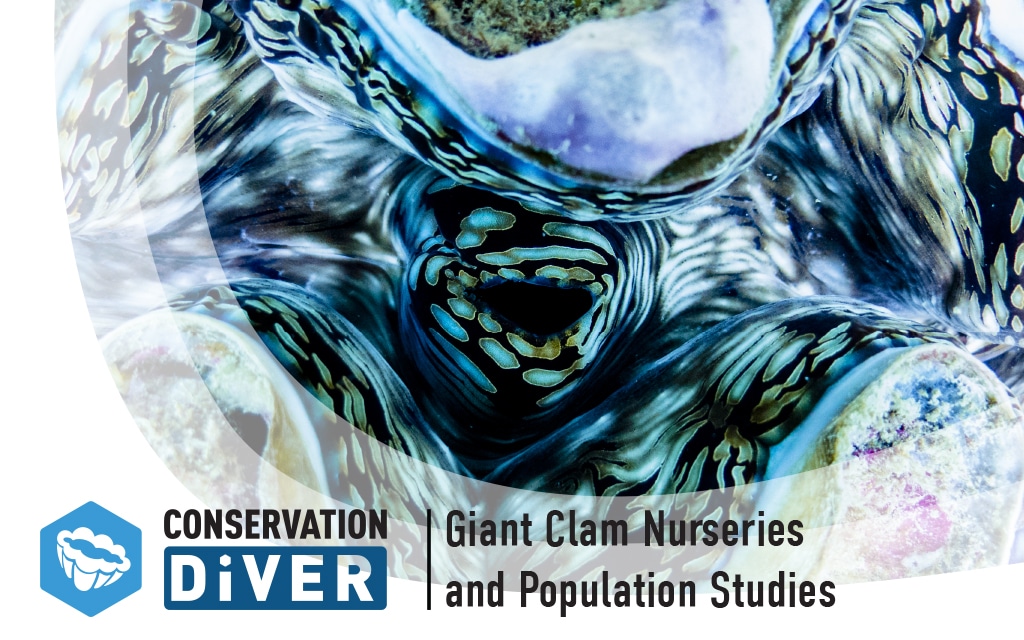
Training Centers
- Indonesia – Blue Marlin Conservation
- Thailand – ATMEC
- Thailand – Black Turtle Conservation
- Thailand – NHRCP
Seahorse Ecology and Monitoring
Seahorse Ecology and Monitoring
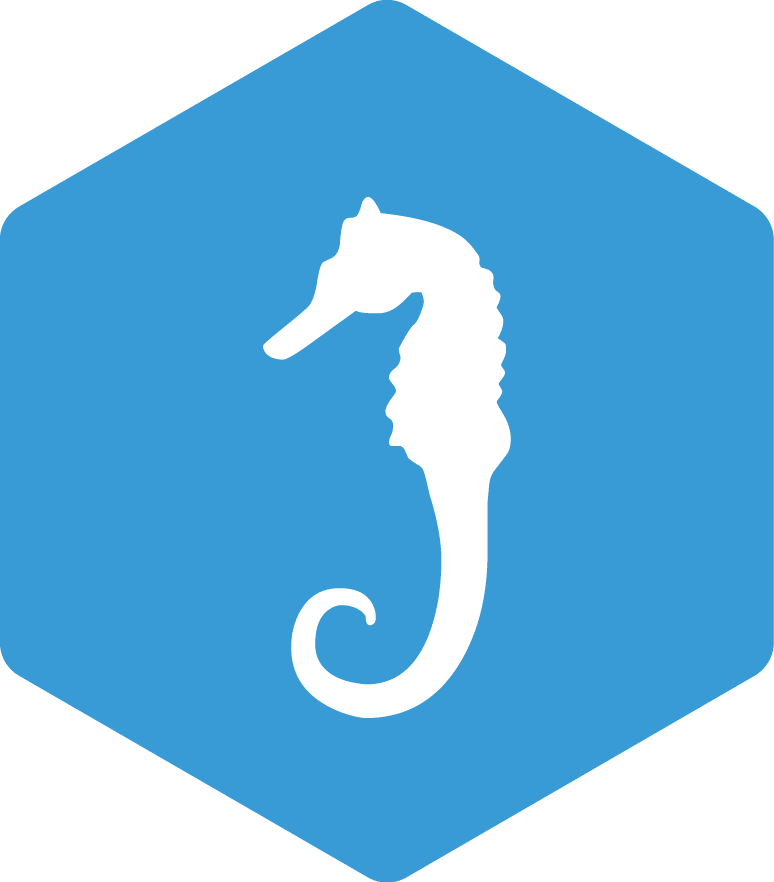
The Seahorse ecology and monitoring course aims bridge the information gap in the scientific community on classification, population dynamics and conservation status of Syngnathiformes. This lack of information is one of the limiting factors in creating effective conservation strategies to protect these vulnerable species. To successfully create adequate
conservation plans for seahorses, we need to understand their
life history traits and ecology. This course will equip you with the skills to identify seahorse species using anatomical features and behavioural ecology traits.



Prerequisites
- Be 12 years of age or older
- Be certified as an Advanced diver under a leading diving organization (PADI, SSI, RAID, etc) or an Open Water diver who has satisfactorily completed a buoyancy appraisal with a professional diver
- Demonstrate proper diving ability at an advanced Level and be proficient in buoyancy and self-awareness.
Standards
- Learn about seahorse ecology and identification and understand the global and local threats to seahorse populations
- Learn the diagnostic features for identifying seahorses and be able to identify the most common local species of seahorses
- Know how to survey for seahorses using the roving diver and transect survey methods
- Practice a seahorse survey completing at least two of the main tasks (surveying along the line, controlling the GPS raft, keeping track of dive activity timing)
- Be familiar with the iSeahorse.org website and how to enter sightings data into the global database
Requirements
- Attend 1 seahorse lecture
- Attend 1 seahorse dive briefing
- Complete ID quiz using dichotomous key and seahorse photos
- Complete 1 seahorse survey dives (in 2 different roles)
- Enter GPS data into Google Earth
- Enter sightings and data into the iSeahorse.org and other relevant databases (if seahorse was observed)
Expected course time about 4 hours
Certification Card
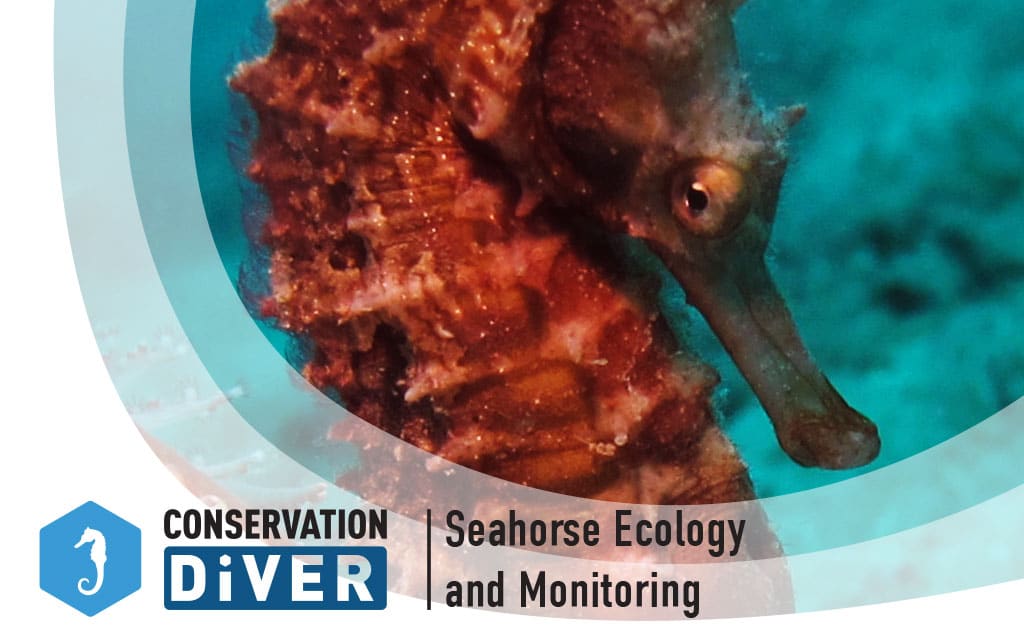
Training Centers
- Indonesia – Blue Marlin Conservation
- Madagascar - MRCI
- Thailand – ATMEC
- Thailand – Black Turtle Conservation
- Thailand – NHRCP
Citizen Science Collaborators

Koh Tao Training Courses
Training courses can currently be completed through the New Heaven Reef Conservation Program on Koh Tao, Thailand.
